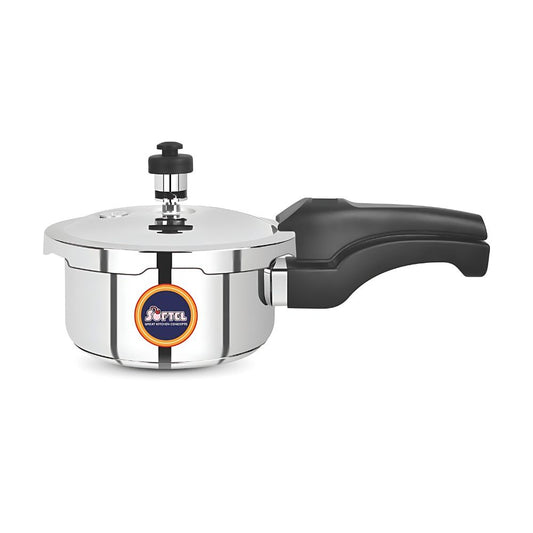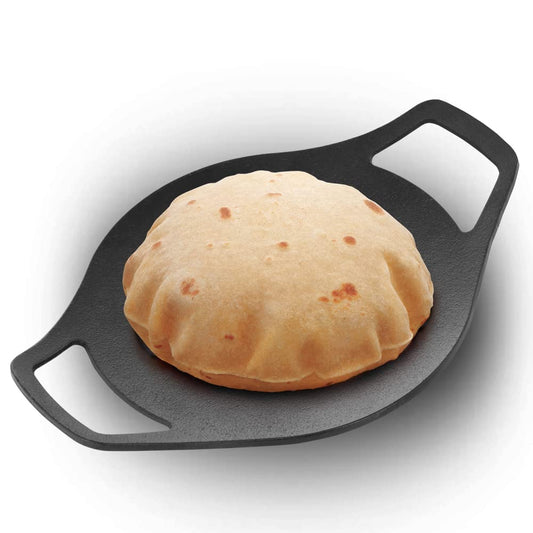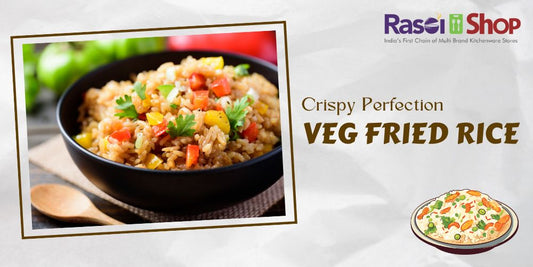Staying hydrated is crucial for maintaining good health, and having a reusable water bottle is an eco-friendly way to ensure you always have water on hand. However, with so many options available, it can be challenging to decide which type of water bottle is the best fit for your needs. In this article, we will explore the pros and cons of three popular materials: glass, metal, and plastic, helping you make an informed decision for your hydration companion.
1. Glass Water Bottles: Glass water bottles have gained popularity due to their perceived purity and chemical-free composition. Here are some key points to consider:
Advantages:
- Health and Taste: Glass is an inert material that won't leach chemicals into your drink, ensuring a pure and untainted taste.
- Environmentally Friendly: Glass is recyclable and poses minimal harm to the environment.
- Easy to Clean: Glass bottles are dishwasher-safe, making them convenient to clean and maintain.
Disadvantages:
- Fragility: Glass is prone to breaking if dropped or mishandled, making it less suitable for active or outdoor use.
- Weight: Glass bottles tend to be heavier than their counterparts, making them less travel-friendly.
Our Picks: Treo Swag Borosilicate Glass Bottle with Jacket, Yera Sipper Oasis Glass Bottle with Plastic Dual Cap.
2. Metal Water Bottles: Metal water bottles, often made of stainless steel or aluminium, have become a popular choice due to their durability and insulation capabilities. Let's explore their pros and cons:
Advantages:
- Durability: Metal bottles are sturdy and can withstand rough handling, making them ideal for outdoor activities.
- Insulation: Many metal bottles are designed with insulating properties, keeping your drinks cold or hot for extended periods.
- Lightweight: Compared to glass, metal bottles are generally lighter, making them easier to carry around.
Disadvantages:
- Taste and Odor Retention: Some metal bottles can retain the taste or odor of previous beverages, requiring thorough cleaning.
- Limited Transparency: Unlike glass, metal bottles don't allow you to see the liquid level, which may be a minor inconvenience for some.
Our Picks: Cello H2O Stainless Steel Water Bottle, Borosil Hydra Stainless Steel Bolt Trans - Vacuum Insulated Flask Water Bottle
3. Plastic Water Bottles: Plastic water bottles have long been a popular choice due to their affordability and portability. However, they come with their own set of considerations:
Advantages:
- Cost-effective: Plastic bottles are often the most affordable option available, making them accessible to a wide range of consumers.
- Lightweight and Portable: Plastic bottles are lightweight, making them easy to carry during physical activities or while traveling.
- Unbreakable: Unlike glass, plastic bottles are shatterproof, making them suitable for active lifestyles.
Disadvantages:
- Environmental Impact: Many plastic bottles end up in landfills or oceans, contributing to pollution and harming marine life.
- Chemical Leaching: Certain types of plastic may contain harmful chemicals that can leach into the water, especially when exposed to heat or sunlight.
- Short Lifespan: Plastic bottles may deteriorate over time, potentially harboring bacteria or affecting the taste of the water.
Our Picks: Cello H2O Plastic Square Fridge Water Bottle, Milton 1000 ML Pet Water Bottle, Cello Puro Classic Plastic Water Bottle
When choosing a water bottle, it's essential to consider your lifestyle, preferences, and environmental impact. Glass bottles offer purity and recyclability but are more fragile. Metal bottles provide durability and insulation but may retain taste or odor. Plastic bottles are inexpensive and portable but have negative environmental implications and potential chemical leaching. Ultimately, the best choice depends on your priorities and needs. Remember to prioritize reusable options to minimize waste and stay hydrated sustainably.






